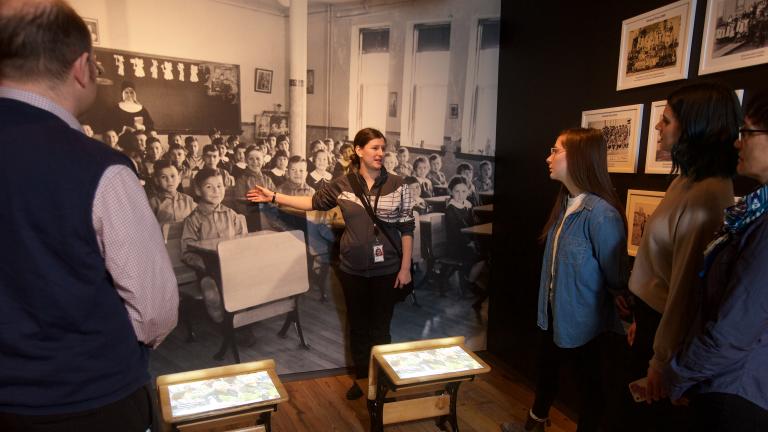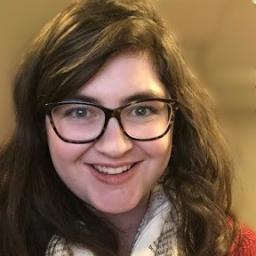How do you feel after visiting a museum that shares important and sometimes difficult stories? How do you channel those emotions into positive actions?
You are invited to take part in a workshop and research project on how to navigate these emotional responses, particularly when witnessing the effects of colonization.
Sierra McKinney, a Ph.D. student from the University of Montréal in the Department of Anthropology, will be leading the workshop and providing a toolkit for participants.
Each session will highlight stories and artifacts displayed in the Museum’s galleries and create space for participants to share their experiences when they first learned these challenging histories. In addition, participants will discuss how they can channel emotions, like sadness or guilt, toward action.
The sessions will support McKinney’s doctoral research project on the role of museums in addressing emotions when learning about difficult histories.
Participants will be asked to complete a questionnaire before and after the 75‐minute workshop. Participant feedback will help develop resources for museums across Canada creating programming related to allyship and reconciliation.
While this session has been created with settlers and other non‐Indigenous Canadians in mind, anyone over the age of 18 is welcome to participate.
Register
Thursday, June 15
Friday, June 16
Saturday, June 17
Sunday, June 18
If you would like to learn more, please contact the Museum at public.programs@humanrights.ca.
Sierra McKinney
Sierra McKinney (she/her) is a Ph.D. candidate at the University of Montréal in the Department of Anthropology. Specializing in archaeology and museum studies, Sierra seeks to develop accessible, affective and dialogue‐based resources for heritage education.
Her research uses museum collections to foster dialogue and help non‐Indigenous Canadians address negative emotions, such as shame and guilt, that may develop when learning about difficult colonial history. This research stems from her own experiences working in museums across Canada, including Calgary, Alberta where she was raised and Victoria, B.C. where she attended university.
This research is funded by the Social Science and Humanities Research Council of Canada.
Please note that this program is subject to change or cancellation without notice.

